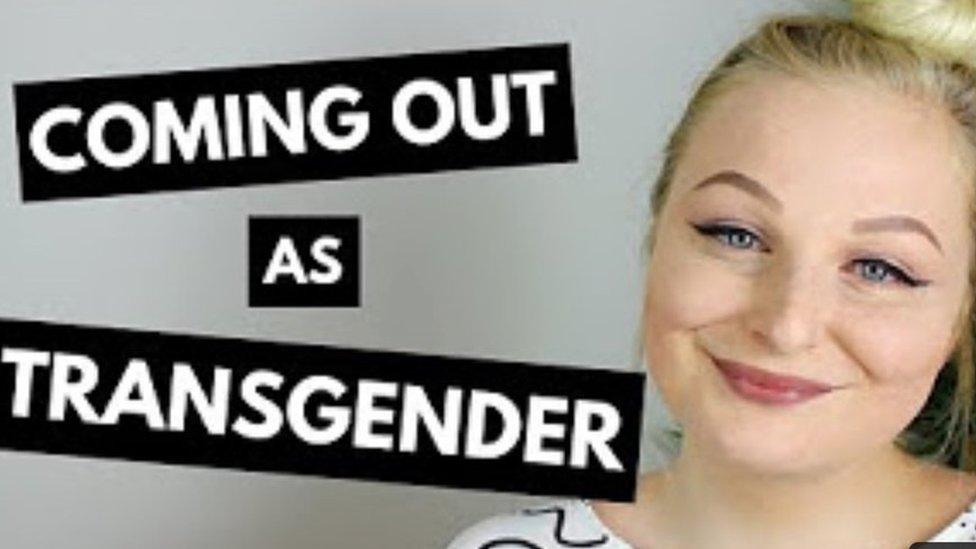Transgender girl says it was change sex or die
- Published
Ellen says she knew she was different from an early age
One week she went to school dressed as a boy, the next she returned in a dress. Ellen was one of the first primary school children to transition in the UK. But her story runs far deeper than simply wearing the right clothes. For her, transitioning was a matter of life or death.
"For a young boy, I was always flamboyant, I don't want to use the word camp, but... camp.
I think people around me just thought I was going to grow up a very sensitive and interesting gay young man.
And that's what I thought too, for a really long time.
School was the main point where I really found it hard to deal with life because at home I could be my complete self.
If I wanted to dress up, I just dressed up, and my family didn't have any qualms about it."
Other young people began to notice a difference and were very vocal about it.
"I was branded as the weird, queer, gay boy in my school.
Internally, I think I did know that I wasn't just gay, but at the age of five you don't really know how to express those feelings.
It was constant bullying every day, and it was people telling me I was different from them, and that I should be isolated.
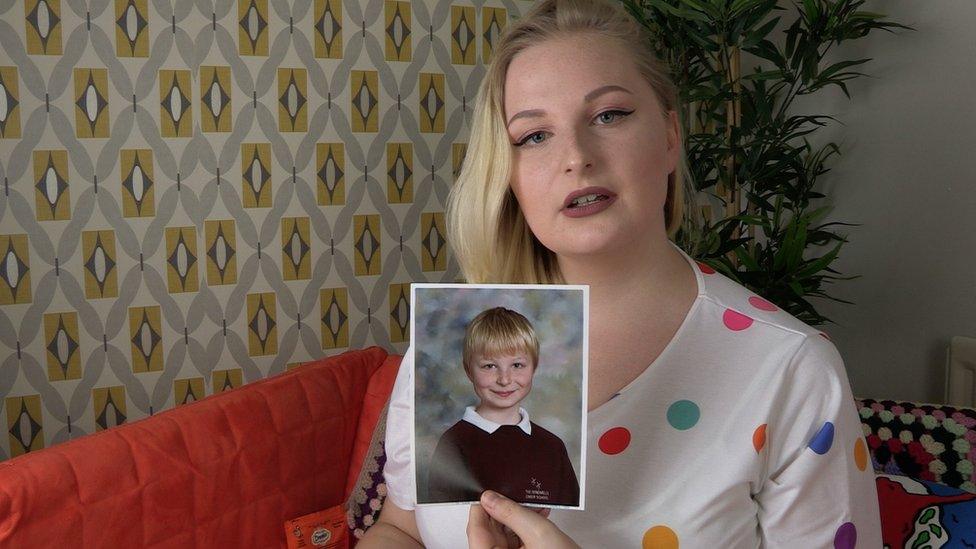
A balance of that, mixed with my own thoughts telling me, 'well if I am not this...
'I definitely don't feel right in my body right now, and there's something in my brain that's not correlating... what do I need to do to find out who I am?'
I realised that dressing up and living a different life was when I was happiest.
It would get to a point when I would come home from school and I would have my whole mini-wardrobe of girl clothes.
I would come back from school and hang out in a dress."
She soon realised dressing in girls' clothes wasn't just child's play. It was the way she wanted and needed to live.
"Inside the house I just got to be me. I could be Ellen.
Outside the house, I was the angry and sad boy who showed almost no positive traits.
I would still have to wake up every day and be tormented walking to school.
I remember saying to my mum, like: 'what can I be when I am older?' And my mum said, 'you can be anything that you want to be.'
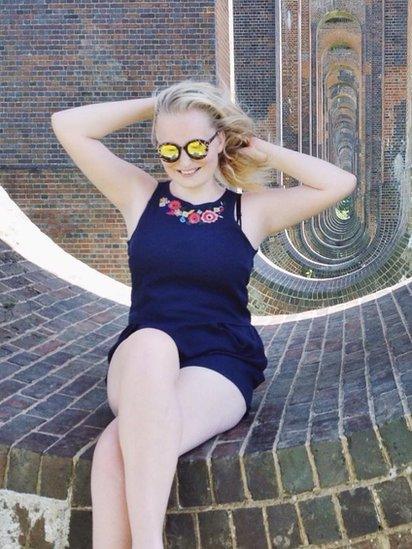
My face lit up, apparently, and I said; 'Oh can I be a girl? Full time?'
And my mum said; 'Oh no, no, no don't be silly,' just brushing it off, because that was the unknown at the time, trans wasn't a big thing in the media at the time.
But living my sad version of me definitely took its toll.
I became very depressed, I was refusing to leave the house, I was having scary panic attacks at the tiniest of things, that I couldn't really explain.
I attempted to take my own life at the age of seven, and I came very close to really harming myself.
I was confused, I just wanted everything to end, I wanted everything to be peaceful.
I felt it was easier for me not to be a burden for everyone and have all my problems become everyone else's."
It was at this crisis point that Ellen's parents realised they had to do something to try to help their son. They researched the issue and discovered the condition gender dysphoria.
"They sat me down and they told me what they had read online, and I was like; 'That's everything that I've been feeling inside, but haven't been able to articulate'.
The fact that I wasn't showering or bathing because I didn't ever want to be fully exposed.
My self-esteem issues, and the fact that playing a girl wasn't playing a girl in my head - it was me being my true self.
They started to look into it and they found a charity called Mermaids. This was 10 years ago and they were the biggest lifeline.
I honestly believe that if I had continued going the way I was going, then I wouldn't necessarily be here, because I wouldn't have been able to keep on living the lie I was living.
After a lot of thought and research, my parents decided to have a conversation with me about letting me socially transition.
This is where I would go to school one day as a boy and the next as a girl, and I could change my name, and I could be the child I was inside the house and bring her outside.
This was an incredibly scary decision for me to make, and for my entire family - they were concerned for my safety and my happiness."
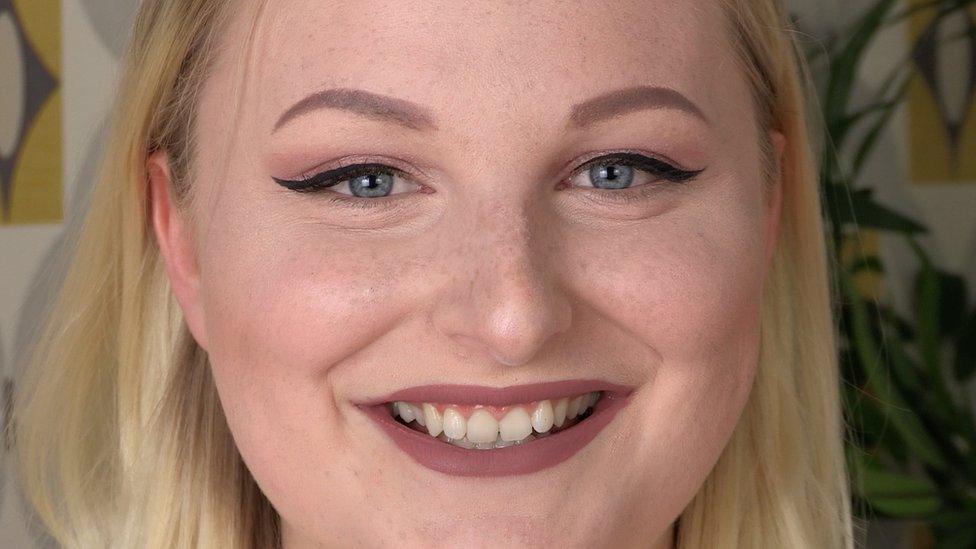
The family began preparing for the moment of truth.
"My parents spoke a lot with my school, I was in primary school and I was about 11, and my school was actually quite accepting.
But it was a very new thing - they didn't have any resources or training.
They allowed me to take a week off to get prepared and mentally ready, and then I went in as a girl.
It was the scariest day of my life, my mum said I didn't have to do it, that there was absolutely no pressure.
I was like: 'No I have to do this,' there was no question that I had to do this.
So the last months of primary school I got to go to school as a girl.
I was almost branded the youngest transsexual in Britain because at the time I was the youngest to socially transition - to go to school as a boy and then go to school as a girl.
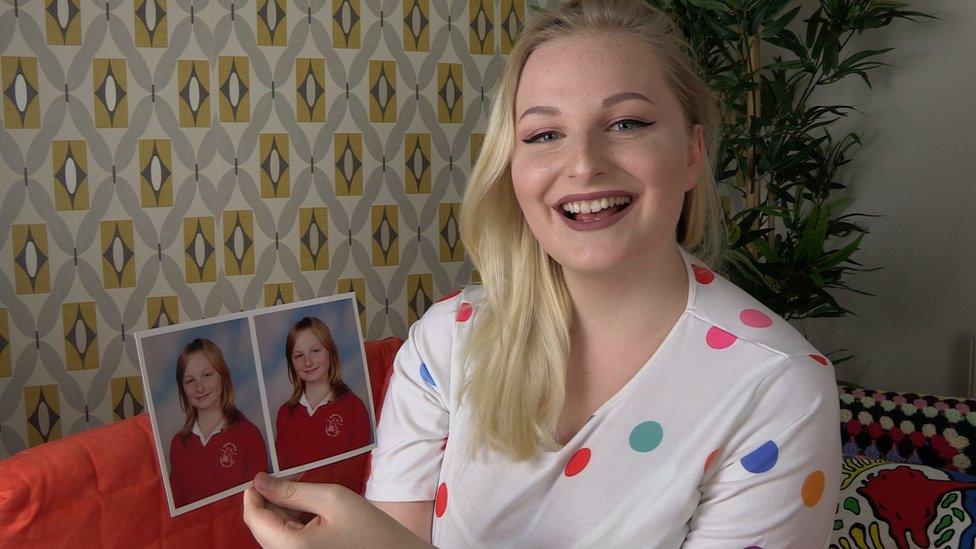
It sparked media interest because it was more of a novelty.
We'd kind of heard about trans people - what the media thought of trans people you know... grisly men dressed up in dresses and it was a freakish thing - a lot of people thought it was a fetish, you know about sexuality, and people got very confused about the two.
It was very weird to suddenly have a child do this."
Ellen and her family soon became the centre of a media circus and she found herself on tabloid front pages before reaching secondary school.
"At secondary school, I had a few friends.
I had legally changed my name and I was living as a female. It was an OK transition from primary school.
The only downfall was the new pupils, because almost every one from my old primary school went to my secondary school, so they knew that I was trans.
As soon as I went to secondary school I dismissed any rumours. It was like: 'No I am not trans, I am a girl.'
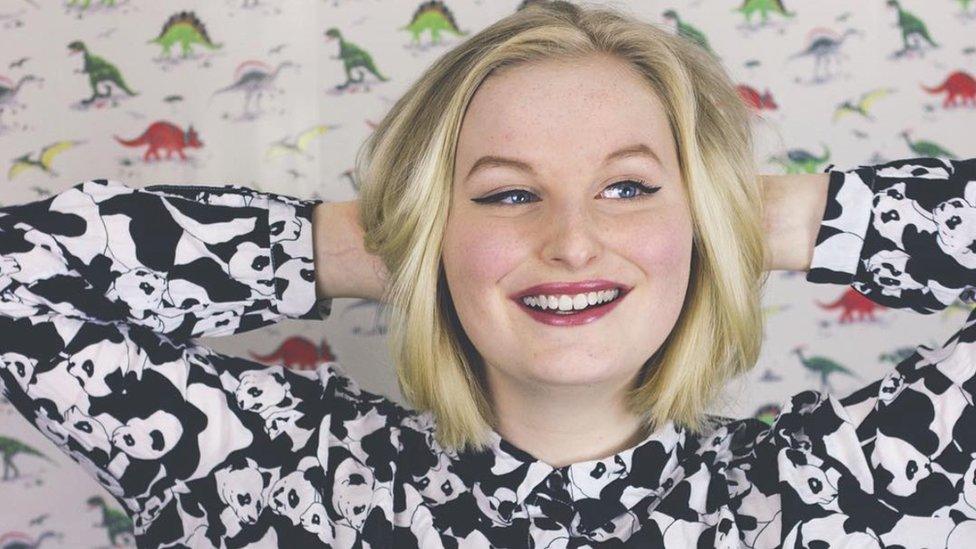
So it sparked loads of rumours and it started me being isolated again.
School became a place where I felt like I had to avoid it again, because people were constantly taunting me again.
It got to a point when I couldn't be in school any more. I was admitted as an inpatient in a psychiatric hospital, I'd had many suicide attempts."
This, and further intrusive and inaccurate media reports, sparked another mental health crisis. Ellen left school and spent a year in a psychiatric ward. But a few weeks ago, aged 20, she came out as transgender on YouTube.
"I had an operation that was incredibly life-changing for me at the age of 18. It was the beginning of me saying: 'I am an adult now.'
I think I am trying to let go of the paranoia. I had always had that fear that someone would find out my secret.
Looking behind my back in case someone's going to out me.
It kind of got to the point where: 'This is who I am, This is what I've been through. But it doesn't define me.'
I am still a human being with interests and creativity. I am more than my story."
